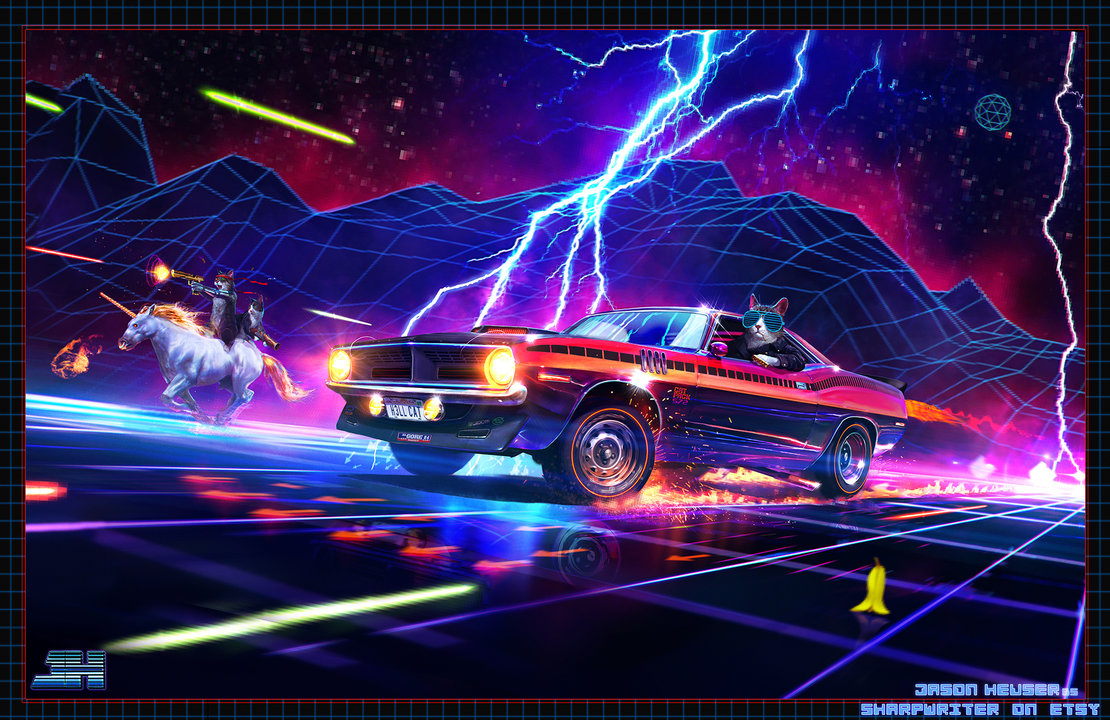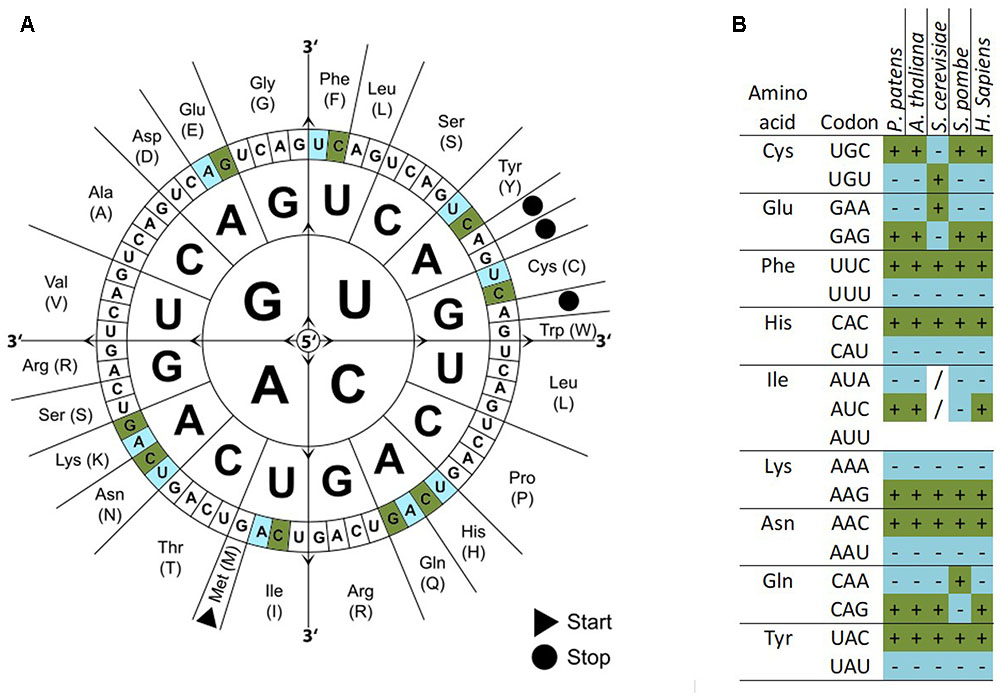
The post-Trump era: Civil Rights issues, history, and discussions.
Anti-intellectualism, censorship, social media monopolies, and the wave against current Civil Rights protections
Target audience: scientists, engineers, managers, and academic partners
Seeking a dynamic addition to your team? I bring 5 years of experience in industry biopharmaceutical R&D teams coupled with 10 years of engineering Linux systems and data analysis with Python/Perl/R/Rust. Let's elevate your projects together!

Anti-intellectualism, censorship, social media monopolies, and the wave against current Civil Rights protections

Python fundamentals guide that | s l a p s |. Read docs, help() functions, and practice, practice, prActIce!

Ubuntu + pipenv/Python3, emacs, Rstudio, pandoc, Obsidian replacements: org-mode, org-roam

An early blog post about differences between Data Analysts, Data Scientists, and Data Engineers

Reports from Civil Ministries on death tolls in armed conflicts across the world.

Chi-square tests, ENC, CAI, and other statistics

What are PFAS, or forever chemicals? Poly-fluorinated alkane substances (PFAS) are chemicals that have been designated as confirmed and concerning environmental toxins by governments across the gl...

Why Free Speech is about to get so much more difficult
A discussion of ethics, the negatives in virtue signaling, and the nature of power given and taken.
How to report unsafe worker conditions to OSHA